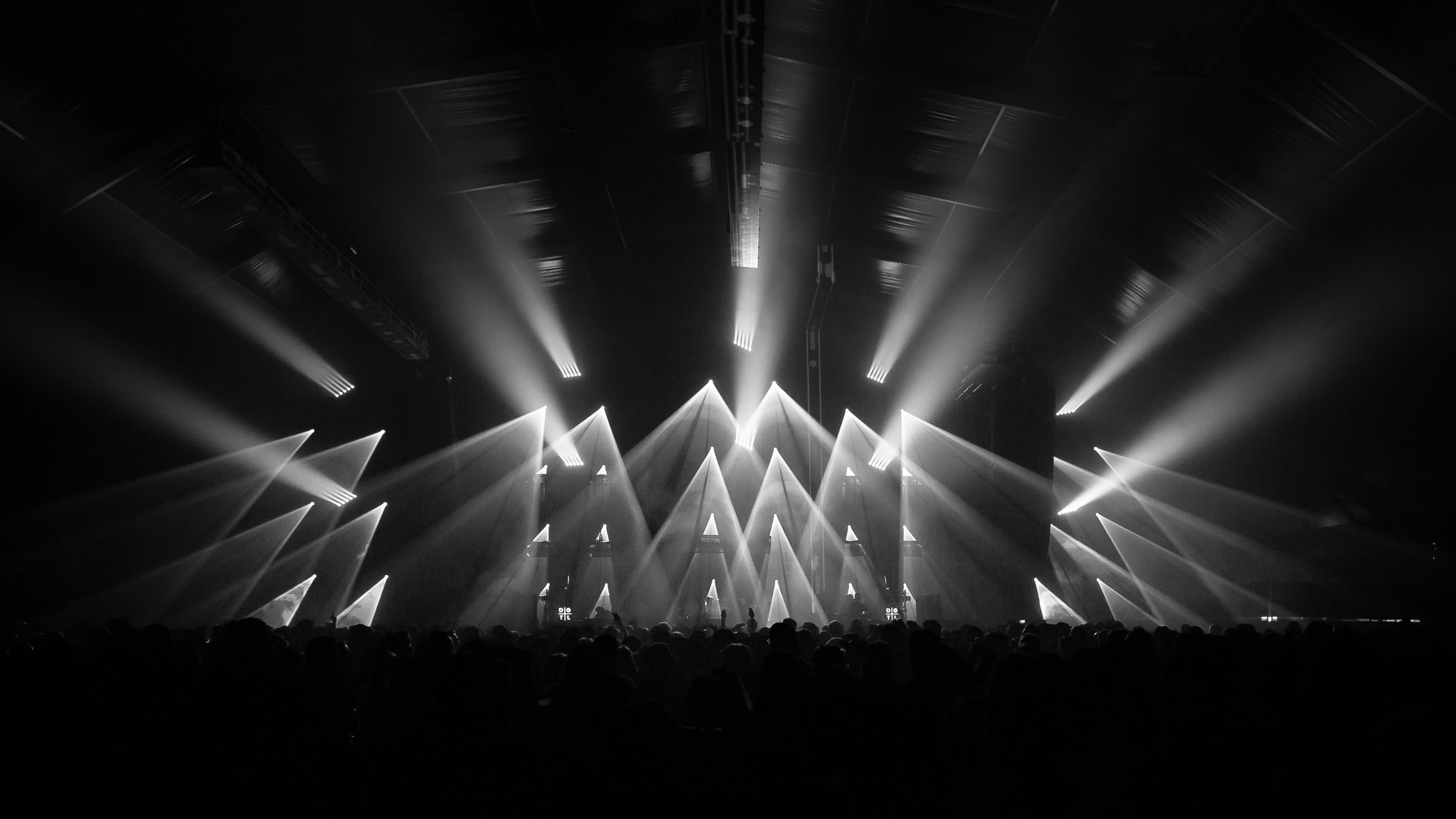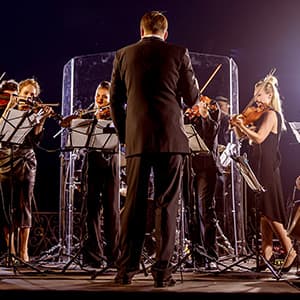

Dvoraks Cello Concerto Tickets
Up to 30% Off Compared to Competitors.
Location: Select Location (e.g, New York)
Events Nearby
We're Sorry. There are currently no events near you.
About Dvorak's Cello Concerto
Currently, Dvořák's Cello Concerto remains a staple in the concert repertoire, regularly performed by orchestras and cellists globally. Major concerts featuring this work are prevalent in the annual orchestral calendars, with renowned cellists such as Yo-Yo Ma, Mischa Maisky, and Alisa Weilerstein often leading the charge. Recent events have seen performances at prestigious music festivals like the BBC Proms and the Tanglewood Music Festival, where the concerto continues to receive ovations. Additionally, various orchestras in cities like Chicago, Berlin, and London present Dvořák's Concerto, showcasing diverse interpretations and styles. Notably, the concerto has been reimagined in innovative concert settings, including outdoor festivals and collaborative performances that combine classical and contemporary music. Furthermore, recordings of the concerto continue to thrive in classical music collections, with new interpretations constantly being released, ensuring that Dvořák's masterpiece remains part of the cultural dialogue in the music world. Upcoming events in 2023 include performances at the Vienna Concert Hall and the Los Angeles Philharmonic, where audiences can experience the emotional depth and technical brilliance of this timeless work live.
Dvorak's Cello Concerto History
Dvořák's Cello Concerto in B minor, Op. 104, composed between 1894 and 1895, is widely regarded as one of the greatest concertos in the cello repertoire. This masterpiece emerged during a prolific period for Dvořák, who was influenced by his deep love for his homeland and the sounds of nature. The concerto was inspired by the loss of Dvořák's close friend, the cellist Hanuš Wihan, and is imbued with profound emotional depth. It premiered in London in 1895 and received immediate acclaim. The concerto showcases the cello's rich, lyrical qualities and technical prowess, signaling a break from the traditions set by Beethoven and Tchaikovsky. Dvořák's innovative orchestration and integration of the cello within the broader orchestral fabric set this concerto apart, making it a beloved piece in concert halls around the world. Its themes resonate with Bohemian folk melodies, further connecting listeners to the essence of Dvořák's identity and artistic vision.
